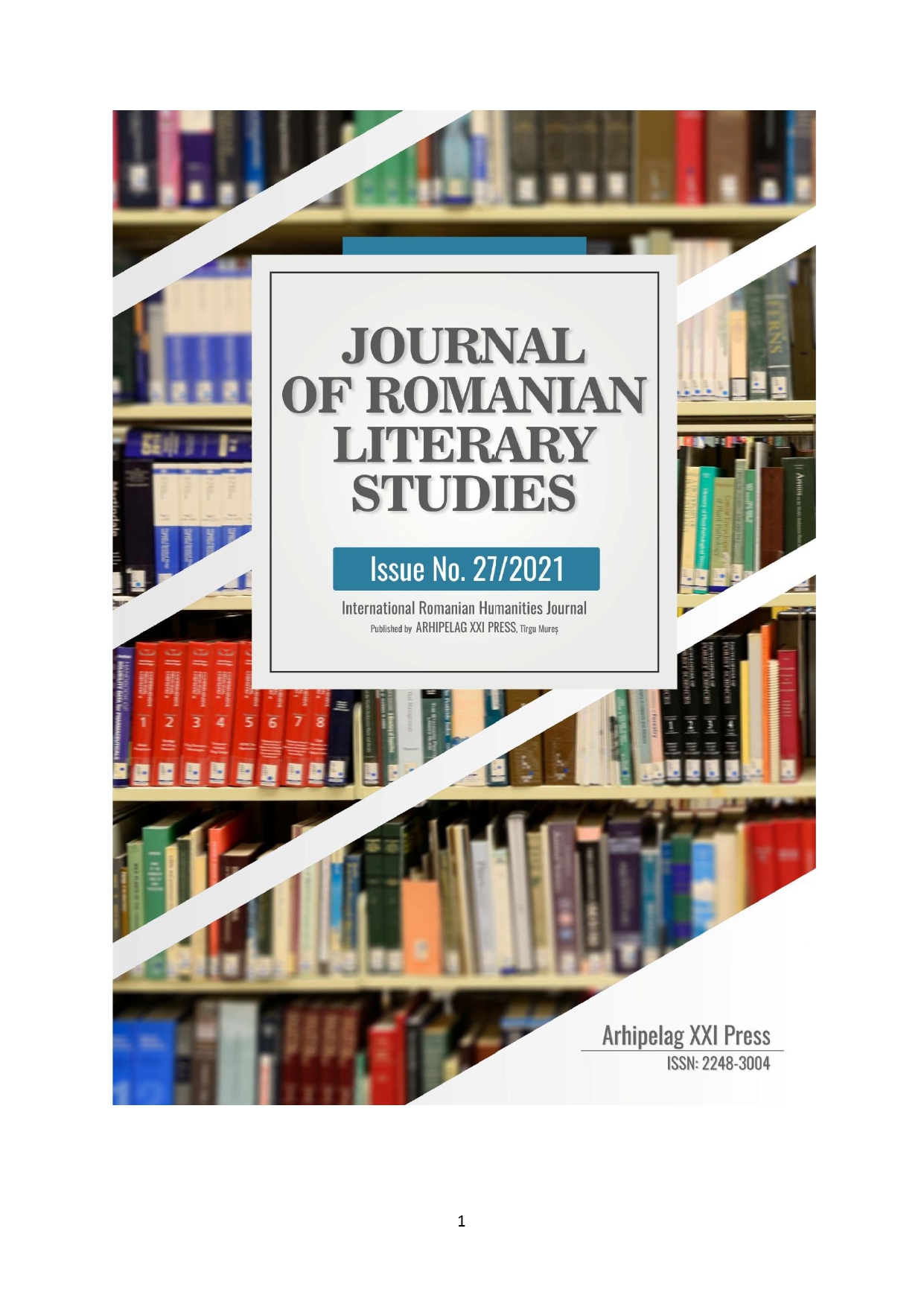THE BEGINNINGS OF THE FANTASTIC CATEGORY IN THE UNIVERSAL AND ROMANIAN LITERATURE
THE BEGINNINGS OF THE FANTASTIC CATEGORY IN THE UNIVERSAL AND ROMANIAN LITERATURE
Author(s): Oana BădăluțăSubject(s): Fiction, Romanian Literature, Other Language Literature, Philology, Theory of Literature
Published by: Editura Arhipelag XXI
Keywords: fantasy; literature; authors;
Summary/Abstract: The researchers of the phenomenon consider that the beginnings of the fantastic in universal literature are difficult to establish. However, there are some reference works, such as: The Epic of Gilgamesh, the Mahabharata or the Ramayana, in which the real elements alternate with the unreal, imaginary, dreamlike, miraculous, mythical or symbolic ones. The fantastic in Romanian literature includes two literary periods: the classical one and the interwar one. In the early years of Junimea, within the cenacle, the first fantastic Romanian texts are read, due to Eminescu, Macedonski and Caragiale. The affirmation of the Romanian fantasy came from the miraculous folklore, a point from which it developed, starting with the work of Ion Heliade Rădulescu, Zburatorul (Flying incubus; the eponymous incubus-like being who visits nubile girls at night), and with Ion Budai-Deleanu's Tiganiada (Gypsy Epic). In addition to the works of well- known Romanian writers, such as Eminescu, Caragiale, Rebreanu, Arghezi, Eliade, Voiculescu, which abound in the use of fantastic elements, there are a number of lesser-known writings of the genre, as follows: Cella Delavrancea The Sign, Cezar Petrescu Aranca, the Naiad of the Lakes, Dumitru M. Ion The Devil of St. Stephen, Nicolae Davidescu A Thousand Nights and the Second Night, Oscar Lemnaru The Man Who Sold His Sadness, Pan Izverna The Mermaid's Song, Vasile Beneş The Red Inn and Vladimir Colin An Invisible Fish.
Journal: Journal of Romanian Literary Studies
- Issue Year: 2021
- Issue No: 27
- Page Range: 561-570
- Page Count: 10
- Language: Romanian

